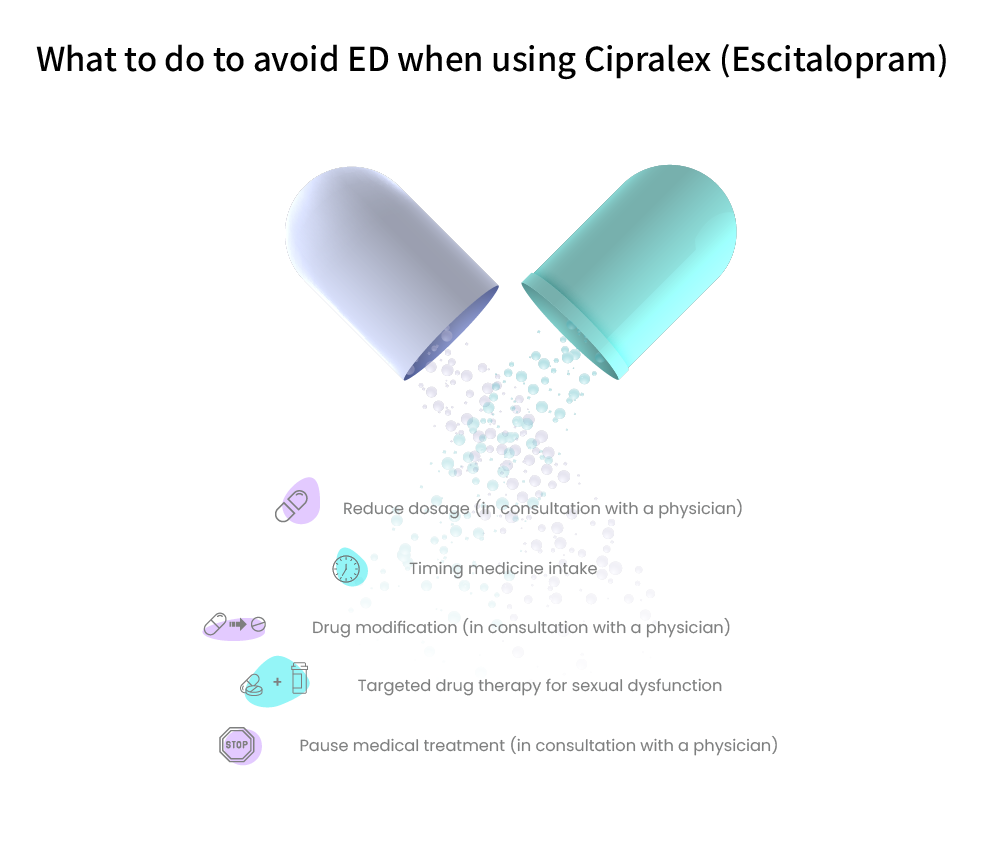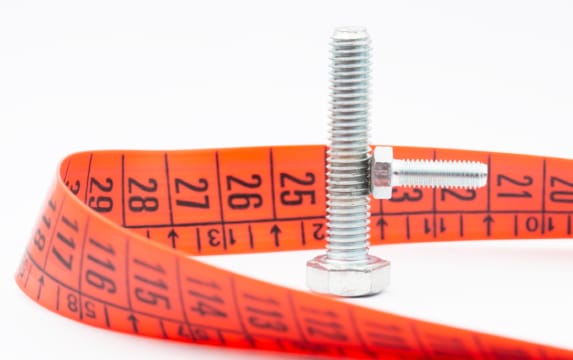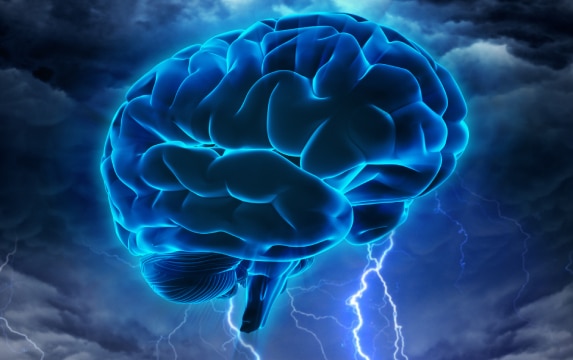Why do antidepressant medications such as Cipralex (Escitalopram) cause sexual dysfunction and how can they be managed?
Decreased in sexual desire and sexual dysfunction could be symptoms directly as a result of a depressive disorder but they might likewise be an expression of the side effects of various antidepressant medications.
‘Sexual side effects’ are medication-associated side effects that undermine the ability to have sexual intercourse. They can be manifested in the phase preceding sexual intercourse (where there is loss of sexual libido for example), in the preliminary phases of sex (as in the case of erectile dysfunction) or during the final phase of the sexual act (when experiencing difficulties reaching an orgasm).
In fact, antidepressants are considered to be the class of drugs that are mostly associated with sexual dysfunction in men, including the family of drugs called SSRIs (Selective Serotonin Reuptake Inhibitors) to which the popular antidepressant Cipralex is related, and is known to cause sexual side effects in about 60% of the patients who take it on a regular basis..
The sexual side effects of Cipralex among men include reduced libido, difficulty achieving or maintaining an erection and difficulties reaching orgasm. Although antidepressants are usually integral to managing depression, experiencing sexual side effects from antidepressants can be extremely frustrating, especially for those who sexuality is an important part of their healthy life.
How does Cipralex cause erectile dysfunction?
As mentioned, Cipralex belongs to a family of drugs called Selective Serotonin Reuptake Inhibitors. It treats depression and anxiety by creating a state of increased levels of the neurotransmitter serotonin in the central nervous system, which in turn promotes a feeling of calmness, relaxation while stabilizing mood. Although the link between elevated levels of serotonin and erectile dysfunction has not been fully elucidated, researchers offer several theories. Some theorize that the increase in serotonin created by the SSRIs results in a decrease in dopamine – the neurotransmitter responsible for our experience of pleasure. Consequently, low dopamine can lead to difficulties becoming sexually aroused and difficulties maintaining or increasing sexual pleasure. In addition, SSRIs are associated with reduced nocturnal and early morning erections1. This may likewise be related to the increase in serotonin levels and to the suppression of rapid eye movement sleep, the phase of deep sleep when nocturnal erections occur.
SSRIs may also affect hormones that regulate sexual behavior, such as prolactin, which can make it more difficult for men to orgasm when its levels are elevated. Animal studies also indicate that SSRIs can reduce testosterone levels, resulting in decreased libido.
Coping with Erectile Dysfunction and Sexual Side Effects
There are several approaches that can be helpful after consulting with a physician. They may not work well for everyone and sometimes more that one approach should be practiced until a beneficial and effective symptomatic response is achieved. .
- Adjust the dose – according to your physicians recommendations, , you may try a lower antidepressant dose. For some patients, this change is sufficient to reduce sexual side effects. For example, research has shown that when some people who were prescribed a standard dose of Prozac (20 milligrams) had reduced it to 5–10mg, their symptoms were as well-managed as before, while they benefited from fewer side effects.
- Timing – ” timing is everything!”, especially when it comes to sex. Therefore, if you take your antidepressant medication once daily, try taking it after the time of day you normally engage in sexual intercourse. For example, if you normally have sex in the evening, you could take your medication in the morning. This might not work for everyone, but it might undermine sexual spontaneity if it does..
- Change medications – Certain classes of antidepressant medications may be less likely to cause sexual side effects, such as antidepressants that work in a different mechanism of action than that of SSRIs. Aask your physician to change your prescription if you feel this is necessary. Another approach would be to add another medication to the treatment, such as the antidepressant drug Wellbutrin which can minimize SSRIs sexual side effects.
- Targeted treatment for ED – research has shown that people who experience erectile dysfunction can benefit from medications that are specifically targeted at treating this disorder, in addition to the treatment with antidepressants. Additionally, when low testosterone levels are a topical treatment with testosterone gel may improve erectile dysfunction among men with low testosterone levels who are on SSRIs therapy.
- Take a “Medication Holiday” – Some people schedule a day or two off from taking their antidepressants, which allows them to get relief from its sexual side effects without interrupting the therapeutic benefits. However, this might not be beneficial for all antidepressants and it is important to consult with a physician. Generally, when a medication has a longer half-life, it makes taking a “holiday” from it less effective.

[1] https://cdn.mdedge.com/files/s3fs-public/Document/September-2017/0912CP_Article1.pdf↩
The Company hereby clarifies that the information contained on the website is for informational purposes only, and is not intended to be a substitute for professional medical and healthcare advice, and does not constitute medical advice or opinion. Always seek the advice of your physician or other qualified health provider with any medical condition or question you may have regarding a medical condition.





